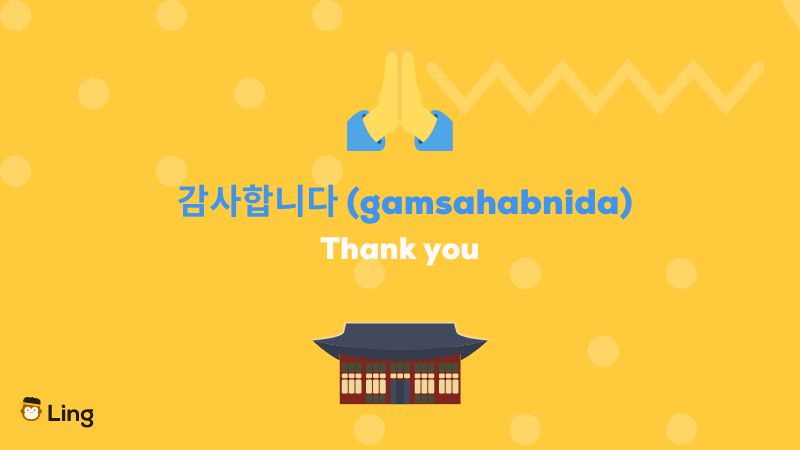After several months of a harsh and severe lockdown, South Korea is finally open for tourism! You can finally explore the dazzling history of the city of Seoul, visit the impressive pagodas of Suwon, or relax at the beaches of Busan. Korea is an incredible country filled with incredible landscapes and rich culture, desperate to receive tourists and visitors once again.
During my last visit to Korea, I was lucky enough to learn a few random Korean words that made my everyday life in this country much more pleasant and easy. When I needed to communicate with someone, I’d look up simple Korean words or expressions. However, if I’d known then how much I would need and use these words, I would have learned them much sooner, and my life in Korea would have been much smoother.
Learning a few words and expressions in Korean will help you express yourself and ensure you don’t get the wrong order in a restaurant (which has happened to me several times, unfortunately). You’ll also be able to connect with the friendly locals.

As an example, one of the first Korean words I learned was 감사합니다 (gamsahabnida), which in English means “thank you.” I used it everywhere! When I would receive my food – Bam! 감사합니다 (gamsahabnida); Somebody gave me a smily look – Bam! 감사합니다 (gamsahabnida). Every time I used it, I got a smile and even some words of appreciation for the fact I was trying to learn their language! From that moment on, I kept adding words to my vocabulary and feeling more and more integrated into society!
I can’t stress enough how important it is to learn a few basic Korean words. A few words can be the essential tool you can have to get along with people and make your trip much more enjoyable!
That is what this article is all about: I want to teach some random and useful words you can take on your next trip. When you come back from your trip, come back to this article and tell me how many times you used them and the funny stories you’ll definitely have if you use these terms!
So, let’s move on and get to the good stuff!
Random Korean Words That You Must Learn
What are the most important Korean words you should know, even if you can’t form a sentence? In the table below are a set of random words in Korean that you most certainly will hear or see written somewhere during your trip to Korea. This includes some of the most common Korean words you can use, and if you can’t memorize all of them, save this article on your phone and return to it to refresh your memory.
Even if you can’t form a complete sentence using these basic Korean words along with some kind of hand gesture, you’ll eventually be able to transmit the message and get understood.
Basic Words Learned: What’s next?
I can’t believe it took me about 2 weeks to learn all these basic Korean words! I learned them by necessity as I encountered some communication difficulties, but once I did, I would use them almost every day in my daily life in Korea.
If your goal is to become fluent in Korean, then learning only these 50 words is definitely not enough. Do you know how many words you need to know in Korean to be considered fluent? Well, it is much more than 50, but you can discover how much in our blog post that tells you all about it.
In the meantime, why don’t you invest in learning a language spoken by over 75 million people worldwide and start building your fluency in this beautiful language? There are many incredible online tools to improve your Korean; nevertheless, I have the best one for you to start immediately!

Learn Korean With Ling App
Let me introduce you to Ling app, a language-learning application that has changed my whole idea of what it is to learn languages.
Ling app is a language learning application where you can learn over 60 languages worldwide through fun and interactive games, quizzes, and puzzles. With this application, you can learn any language you want at your own pace, be that 15 minutes a day or 2h a day. You define your own rhythm and decide when you want to practice and improve your fluency.
Sitting perfectly on your smartphone, this application is available for you 24/7, anywhere you want. You can learn while waiting for a doctor’s appointment, on your way to work, or while eating good ’Korean barbecue. From the most basic Korean phrases to the most advance, you can learn how to speak Korean based on your own level!
This application was my best friend while I learned several languages from all across the world, and it is ready to teach you the ins and out’s of the Korean language!
The question is: Are you ready to embark on this journey? Download Ling app from App Store or Google Play today and start speaking Korean!


































































